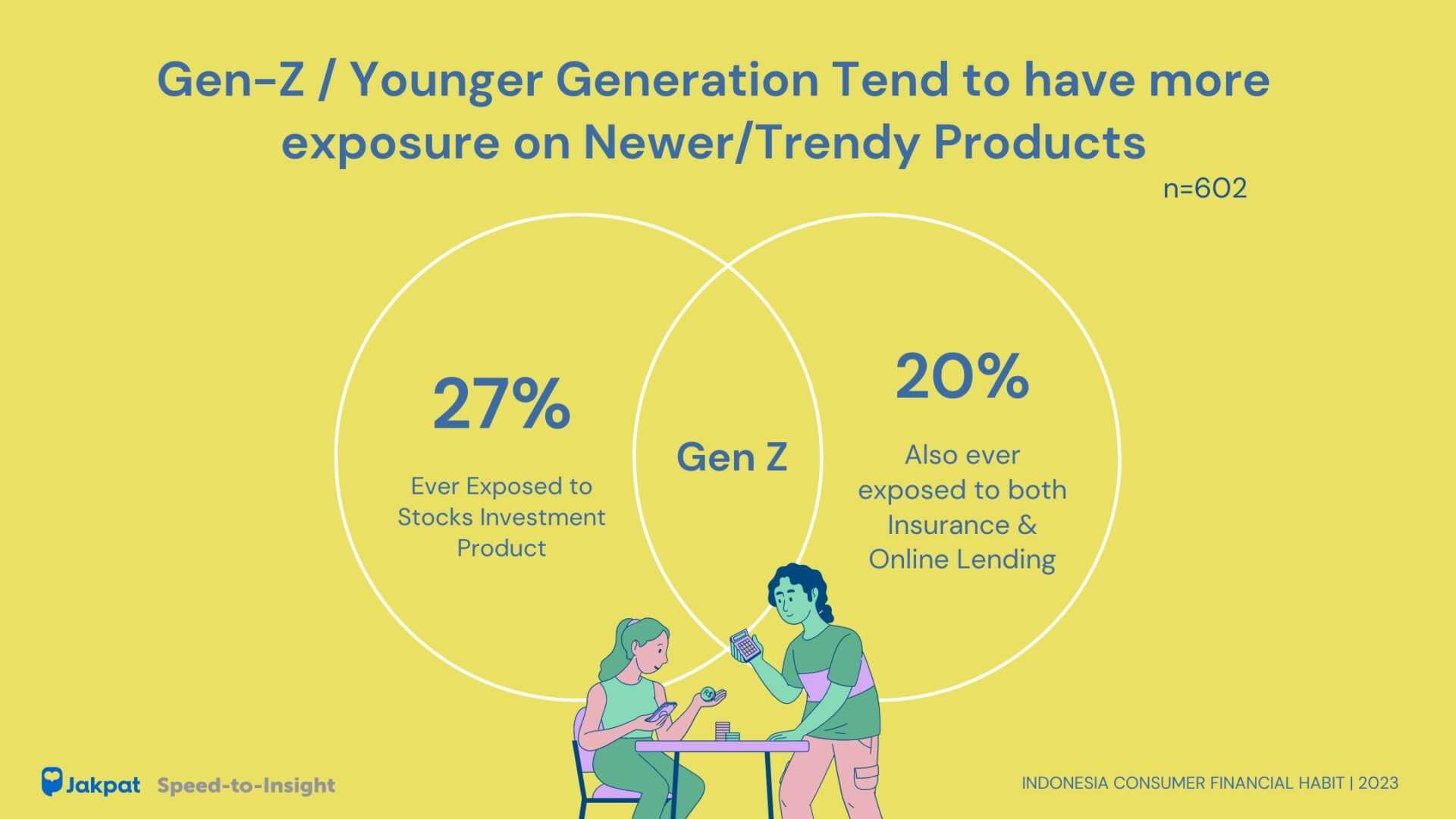Business
Generation X’s Spending Power Challenges Marketing Norms

DENVER, Colorado — A new report reveals that Generation X is leading global consumer spending, a trend that may change how marketers approach this often-overlooked demographic. The report, titled “The X Factor: How Generation X is quietly driving trillions in consumer spending,” indicates that Gen X has been the most influential consumer cohort since 2021.
Wolfgang Fengler, co-founder and CEO of World Data Lab, explained to USA TODAY, “Our findings show that Gen X is the most influential consumer cohort of the next decade.” The report, created by NielsenIQ and World Data Lab, forecasts that Gen X will drive $15.2 trillion in global spending by 2025, including $5 trillion in the United States.
Fengler added that by 2035, their spending power is expected to peak at $23 trillion globally, making them the world’s second-largest consumer market after the United States. “If you treated them as their own ‘country,’ Gen Xers would be roughly twice the size of China’s total spending,” he stated.
Marta Cyhan-Bowles, chief communications officer at NielsenIQ, noted that Gen X is often termed the “sandwich generation.” Many members are financially supporting their children while simultaneously caring for aging parents, which influences their spending habits.
“They know what they want and they are getting it. They look for value and convenience to juggle enormous responsibilities,” Cyhan-Bowles explained. In the next five years, Gen X is projected to spend nearly $507 billion on food and non-alcoholic beverages, $80 billion on beauty products, and $42 billion on alcohol.
Fengler warns that brands ignoring Gen X could miss significant loyalty opportunities. He emphasized that overlooking this generation is a mistake, stating, “They’re potentially risking the next decade of loyalty and a lifetime of generational influence.” Despite having approximately 1.4 billion members worldwide, Gen X has been overshadowed by the larger millennial and Gen Z demographics.
Gina Hemmings, 56, a marketing professional from Denver, echoed this sentiment. Traditionally, marketers target younger consumers aged 20 to 40. Hemmings believes that Gen Xers, who are often at their highest earning potential, deserve to be prioritized. “We’re an overlooked generation… I don’t know the answer of why marketers and retailers are not targeting us,” she remarked.
Consumer psychology expert Ross Steinman believes the report’s findings are a wake-up call for businesses. “This should be exciting to Gen Xers that they are being heard and recognized,” he said. He noted the popularity of products aimed at Gen X nostalgia, indicating that marketers may soon start paying more attention to this age group.
The report findings reveal that many Gen X consumers, like Hemmings, do their research and typically opt for quality over quantity. They prefer cooking at home and sometimes splurge on special items for their pets, demonstrating that they care about their purchases.
Hemmings concluded with a message for businesses: “Don’t discount Gen X. For the right brands and products, you really should be targeting these consumers because they care about what they’re buying.” The message is clear: ignoring Generation X could mean missing out on one of the most influential consumer groups.












